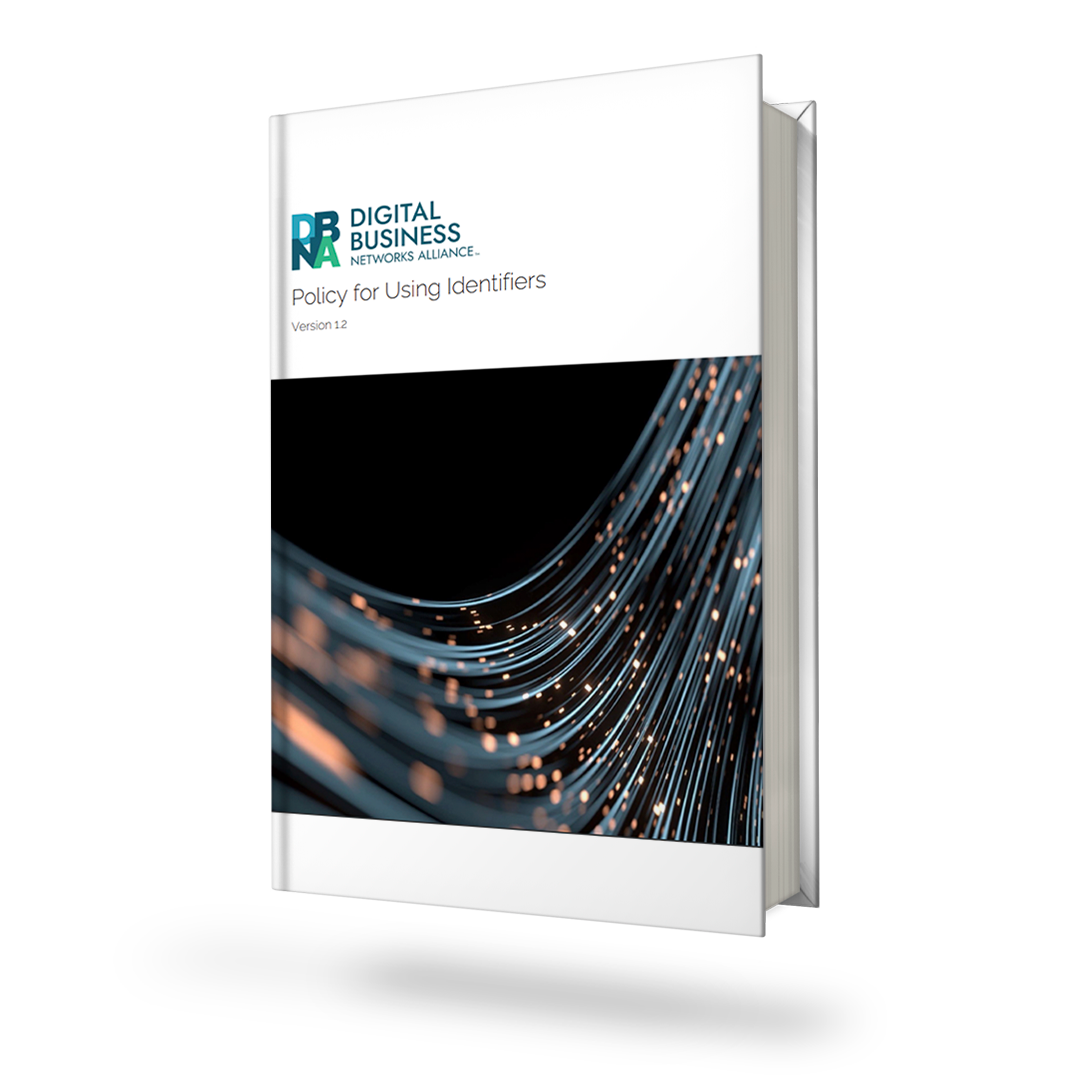Last month, the U.S. Open Exchange Network (DBNAlliance) introduced a groundbreaking initiative: standardized company identifiers per country.
With the implementation of these identifiers, companies across the globe now have the capability to send and receive e-invoices upon establishing connectivity to a DBNAlliance access point.
This development is particularly valuable for companies with customers, suppliers, and subsidiaries based in the United States. However, it also holds significance for any company seeking to leverage an advanced open exchange network, regardless of their location.
Understanding Global Business Identifiers
At its core, a Business Identifier serves as a unique marker, distinguishing one legal entity from another during business exchanges. Whether it's an invoice or any other business interaction, these identifiers provide clarity, ensuring each entity involved can be unmistakably identified.
However, it's important to note that the DBNAlliance doesn't directly issue these identifiers. Instead, it relies on specialized agencies to issue and verify them, guaranteeing authenticity and uniqueness.
Below you will find the list of the standardized global business identifiers used by the Digital Business Networks Alliance:

Read more: How to Connect to the DBNAlliance: A Step-By-Step Guide
The Policy Framework
Within the DBNAlliance network, there is a robust policy that governs the usage of Global Business Identifiers.
This policy lays down guidelines for their utilization in information exchanges, ensuring all involved parties are correctly identified.
It primarily caters to components involved in business document exchanges, such as SML, SMP, AS4, and XHE.
Download The Policy for Using Identifiers

Scope of the Policy
The policy clearly outlines which identifiers are included in the DBNAlliance network. Specifically, it addresses the following identifiers:
- Business Identifiers: These identifiers serve as unique markers, distinguishing entities that act as either the original sender (Corner 1) or the intended recipient (Corner 4) of a business document. They ensure that each entity involved can be identified.
- Service Provider Identifiers: This category encompasses identifiers uniquely identifying Access Point service providers (Corners 2 and 3), SMP service providers, SML service providers, and Registrars within the DBNAlliance network. These identifiers play a crucial role in establishing trust and reliability in the network infrastructure.
- Business Document Type Identifiers and Business Process Identifiers: These identifiers identify Business Document Types and the corresponding business processes within the network. They ensure that each document is classified correctly.
It's important to note that other identifiers and identifier schemes, such as invoice identifiers or purchase order numbers, fall outside the scope of this document.
This delineation ensures clarity and focus, allowing stakeholders to adhere to the policy effectively.
Read more: Request our free DBNAlliance Whitepaper
Business Identifier Schemes
Business Identifiers within the DBNAlliance network must adhere to specific Identifier Schemes outlined in the framework.
These schemes establish a clear association between an identifier and its corresponding scheme.
It's mandatory to use these Scheme Identifiers alongside the identifier itself when representing Business Identifiers within the network's exchange framework.
Conclusion
In essence, standardized Global Business Identifiers form the cornerstone of efficient and reliable business transactions within the DBNAlliance network. By adhering to established policies and technical specifications, stakeholders ensure seamless communication, trust, and accuracy in every exchange.
In the fast-paced world of global commerce, the significance of Business Identifiers cannot be overstated, underlining their indispensable role in fostering a robust and interconnected business ecosystem.
Embracing the clarity and precision offered by Business Identifiers paves the way for smoother transactions, stronger relationships, and ultimately, greater prosperity for all involved parties. Book a demo with our team to learn more and get connected to the DBNAlliance.
Want more information about the standardized global identifiers?
Contact us for more information or request a consult with one of our e-invoicing experts.
Read also:
- How to Connect to the DBNAlliance: A Step-By-Step Guide
- The Rise and Role of the Digital Business Network Alliance
- Is QR Code Mandatory for E-invoicing? (Full Guide)
- Digital VAT: Mandatory E-reporting and E-invoicing for EU
- First Invoice on the U.S. E-invoicing Network Successfully Received by Storecove


Comments